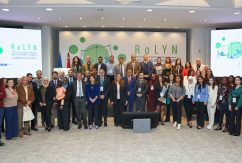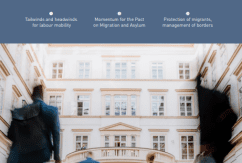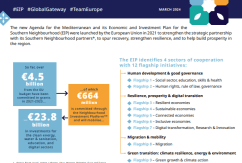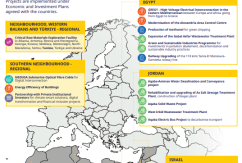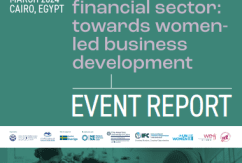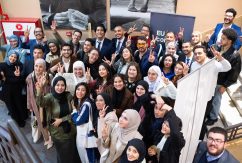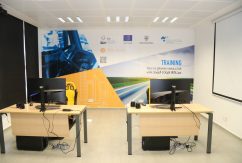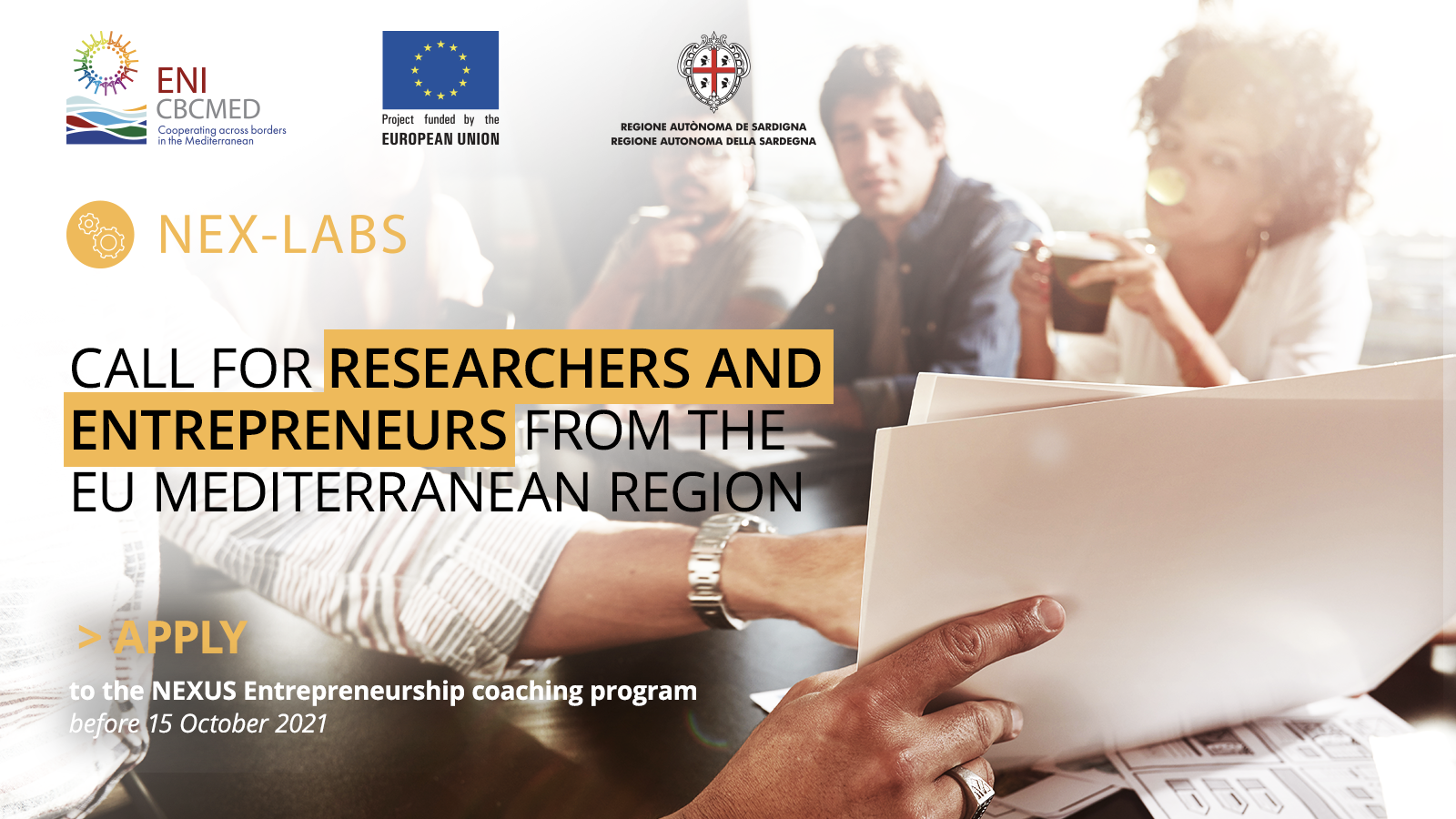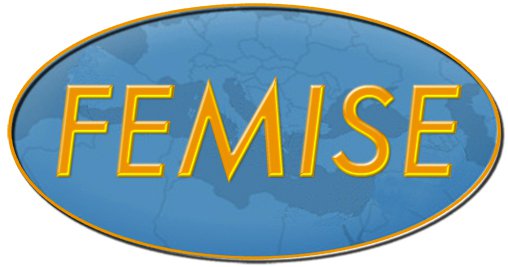EU’s EED debate on Tunisia’s achievements since adoption of its constitution
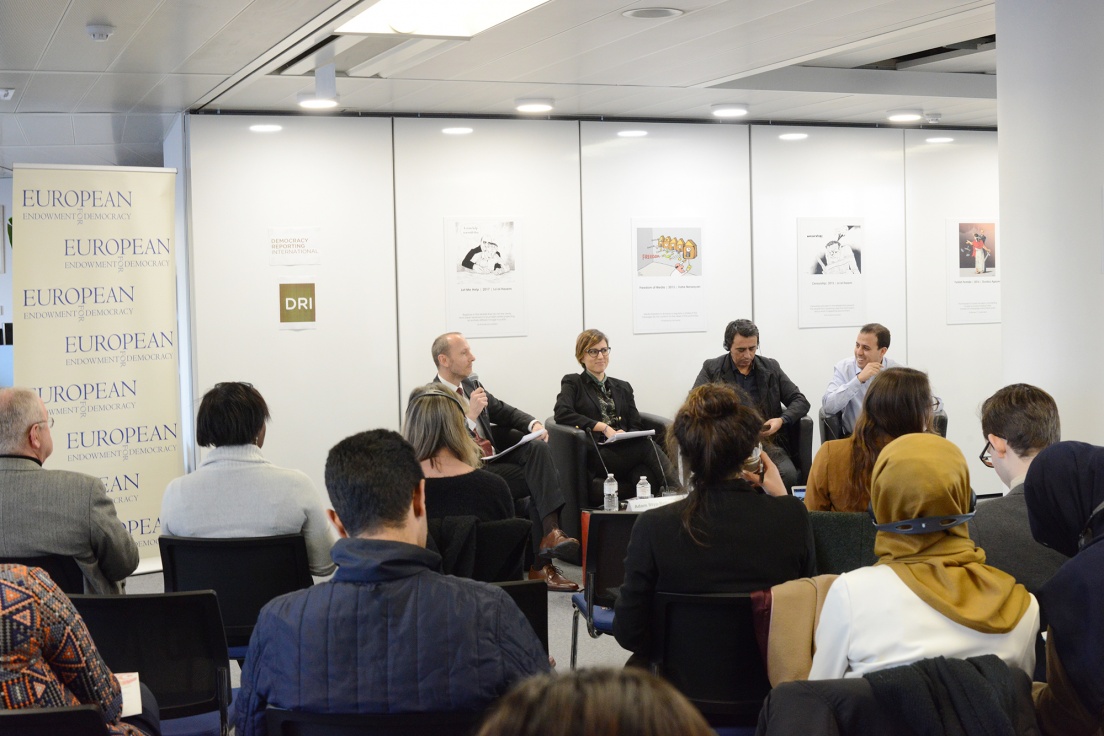

On 26 February 2018, Democracy Reporting International (DRI) and the European Endowment for Democracy (EED) held a debate on what has been achieved in Tunisia since the adoption of its Constitution.
The discussion sought to further understand what the outlook is and what role the EU and its member states can play in supporting Tunisia’s democratisation process. Within the framework of the event, DRI presented its latest Constitutional Monitor of Tunisia, reporting that new constitution fulfils essential elements of democracy, but its implementation is complex and will not be very fast.
Although there have been important achievements since its adoption, such as the organisation of free and fair presidential and parliamentary elections, there are still some provisions of the current legal framework that are worrying and in need of amelioration.
The first debate was centred on the political dynamics of the constitution building and implementation process, including the political tensions reflected in the constitution and its implementation, the political and social achievements up to date, and the aspects of the democratic transition process that are falling behind citizens’ expectations so far. It also tackled the issue of consensus among the different parties and factions in the country, viewed as vital to the proper implementation of the constitution and functioning of the state, but not ideal as a long term solution.
The speakers agreed that in order to build public support for the political reform process and increase citizens’ ownership of the constitution, it was important to increase citizens’ awareness through civic education and address the continued lack of socio-economic opportunities, especially for young people. Tunisia is facing similar challenges than other countries in the region and it is in the interest of the internationally community, and in particular Europe, for the democratic transition to succeed.
The second debate focused on the civil society outlook on the constitutional implementation process. The three panelists agreed that the Constitution was built on a participative approach which included the civil society, fueled by the “euphoria of the revolution” as put by Lobna Jeribi, Founder and President of Solidar Tunisia.
Jouhar Ben Mbarak, Founder and managing Director of Doustourna, stressed that civil society was at the heart of the constitutional debate and able to impose its agenda on the political class. However, the challenge of the transition is to have a civil society that is better equipped to follow up on the technical reforms.
Another challenge that was highlighted was the need to rethink the philosophy of the constitution; the pressure put by the government and the President to one person. So far there has been a strong focus on implementing the procedural aspects of democracy with little progress in advancing socio-economic rights.
Read More


